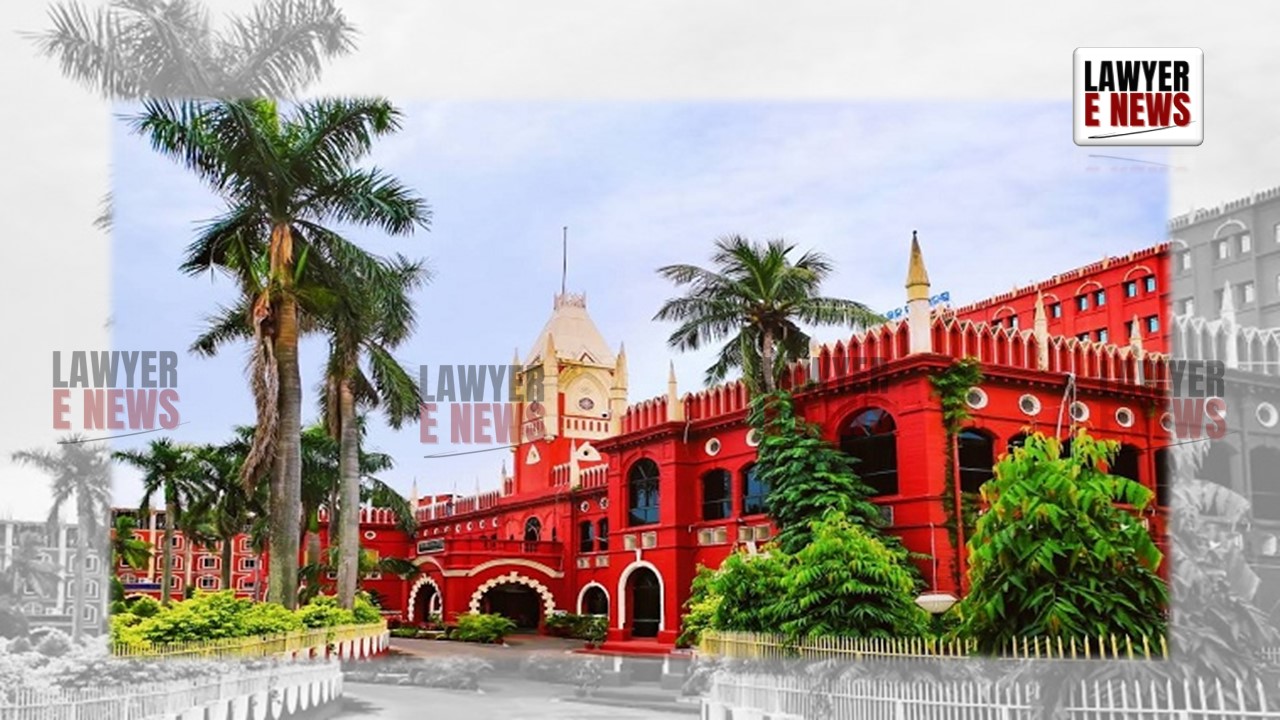-
by Admin
15 February 2026 5:01 PM



Orissa High Court upheld the judgment of the lower courts in the case of M/s Creative Builders and Consultants vs Prabir Kumar Dash, dismissing the developer’s appeal and confirming the termination of the Development Agreement between the parties. The court ordered M/s Creative Builders, the appellant, to refund Rs. 3.2 crores with interest to Prabir Kumar Dash, the respondent landowner, due to failure to perform contractual obligations.
The case revolved around a real estate development agreement executed in 2020, under which the developer failed to secure timely approvals from regulatory bodies, leading to a breakdown of the agreement.
The dispute arose when Prabir Kumar Dash, a landowner based in the USA, entered into a Development Agreement with M/s Creative Builders and Consultants in August 2020. The agreement involved the development of a multi-storied apartment complex on Dash's land in Bhubaneswar. Under the agreement, the landowner was to receive 50% of the built-up area or financial benefits in lieu of that. A Supplementary Agreement followed, where Dash opted to receive Rs. 15.15 crores instead of a share of the apartments. By this agreement, M/s Creative Builders was to complete payments within 24 months after securing approvals from the Bhubaneswar Municipal Corporation (BMC) and Odisha Real Estate Regulatory Authority (ORERA).
Despite receiving Rs. 3.2 crores in advance, the developer failed to obtain project registration from ORERA, a requirement under the Real Estate (Regulation and Development) Act, 2016. Dash filed a suit seeking to terminate the agreements and recover possession of the land.
Non-registration with ORERA: The key issue was whether the developer breached the agreement by advertising the project and collecting funds from prospective buyers without securing ORERA registration, which is mandatory under the RERA Act.
Premature Suit: The developer argued that the suit was premature since the time stipulated for completing payments and construction had not yet expired.
The High Court, echoing the trial and appellate courts, found that the developer violated the agreement by collecting funds from buyers without ORERA registration, constituting a clear breach of both the contract and Section 3 of the RERA Act. It held:
Breach of Contract: The court observed that the developer’s actions in advertising and collecting payments from buyers without registration breached Clause 23 of the agreement, which prohibited such actions without ORERA approval.
Premature Filing: Although the developer contended that the suit was filed before the agreed timelines had lapsed, the court ruled that the breach of contract due to illegal fundraising justified Dash’s decision to terminate the agreements.
The Orissa High Court dismissed the appeal filed by M/s Creative Builders, affirming that the agreements were validly terminated due to the developer’s breach. The court ordered the developer to refund Rs. 3.2 crores to Prabir Kumar Dash along with interest. The judgment reinforces the importance of compliance with RERA regulations in real estate projects.
Date of Decision: 27th September 2024
M/s Creative Builders and Consultants vs. Prabir Kumar Dash
